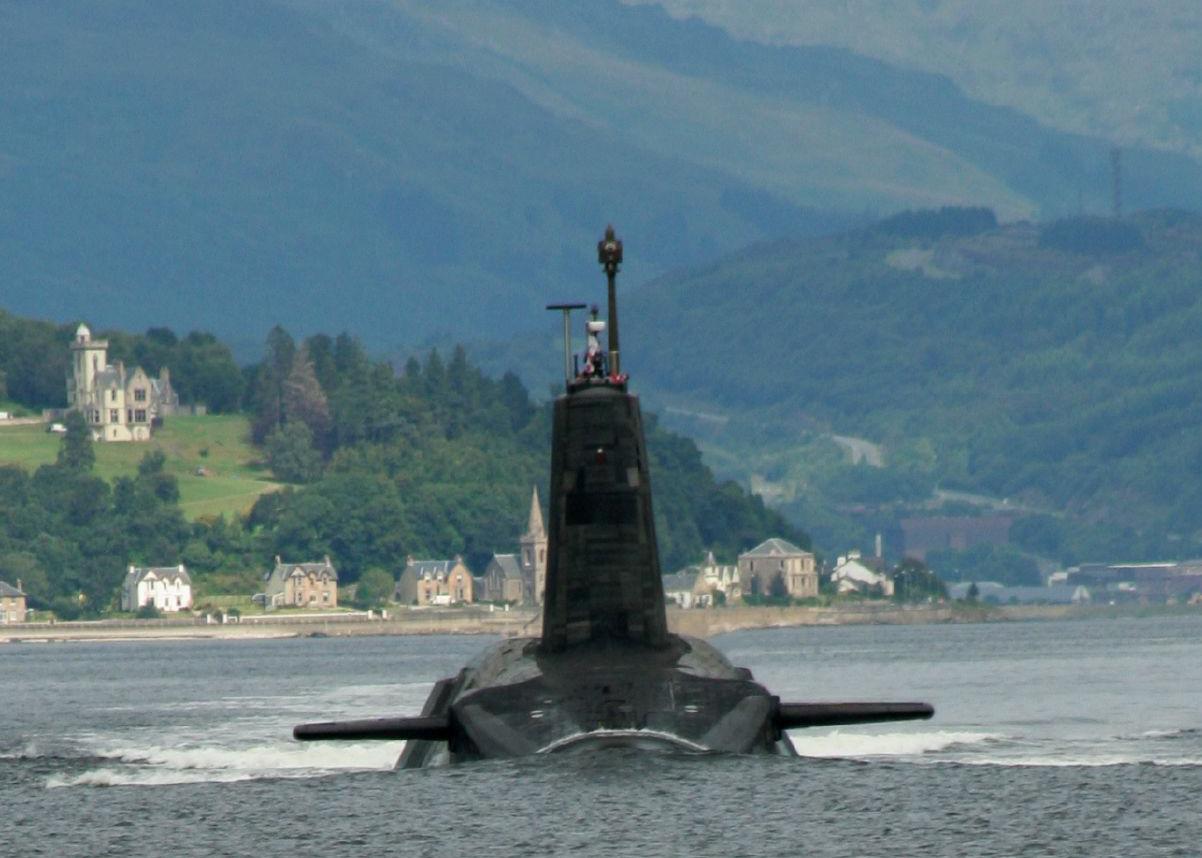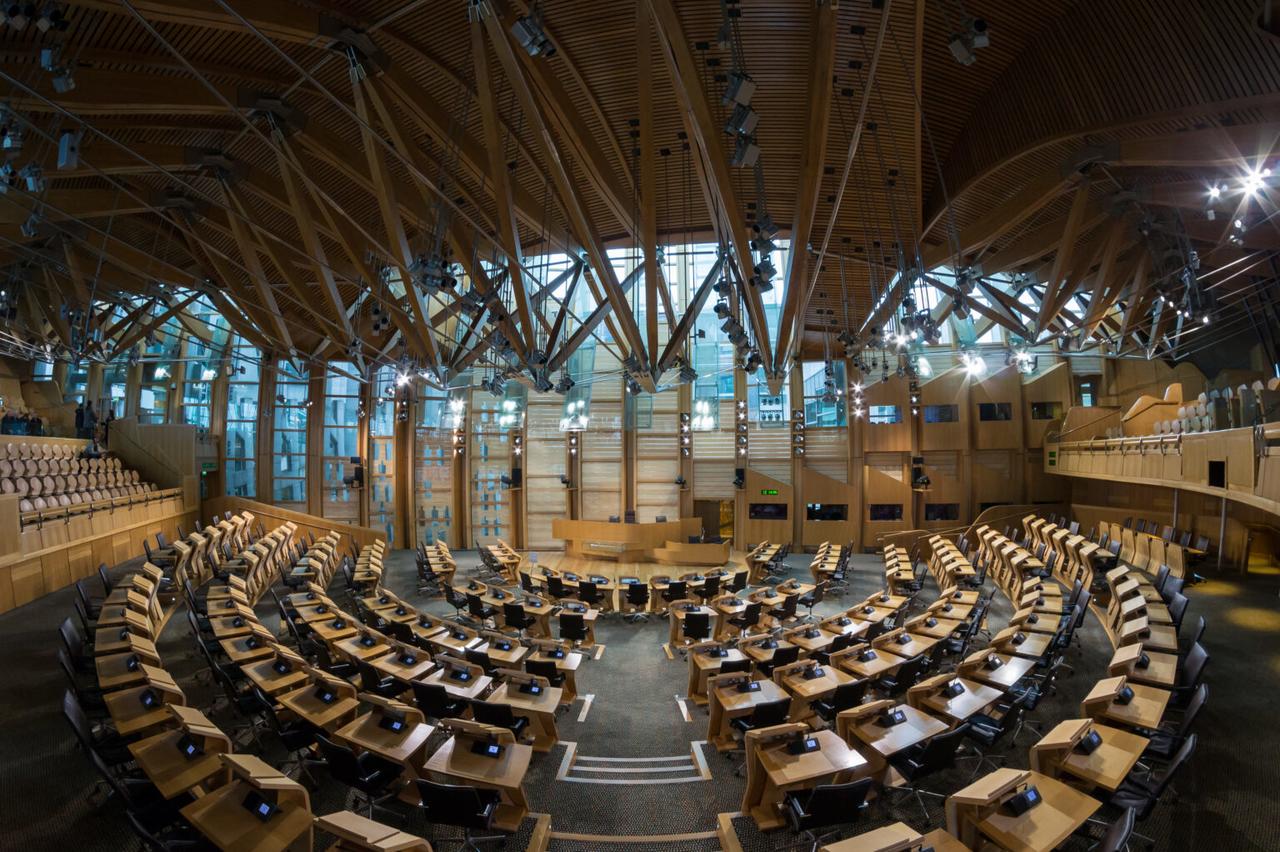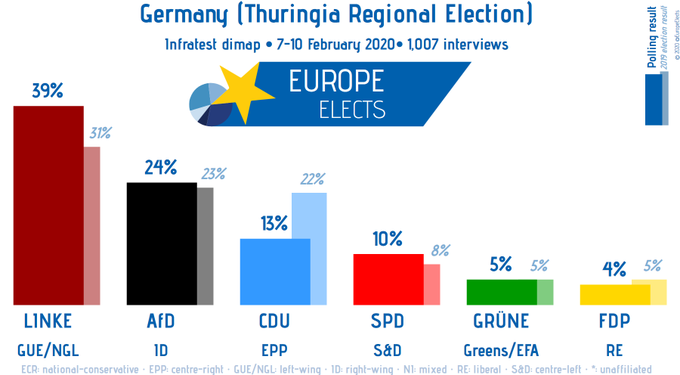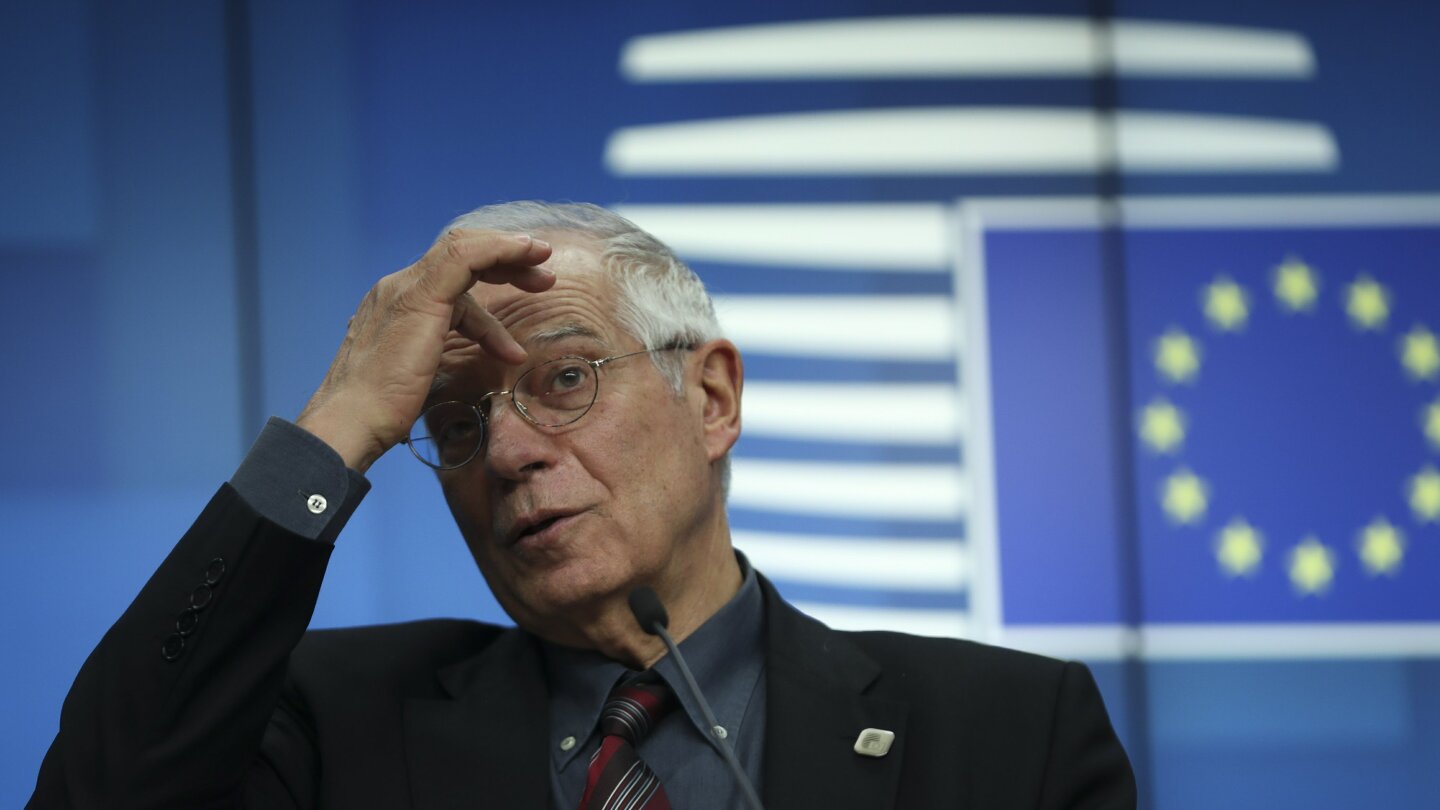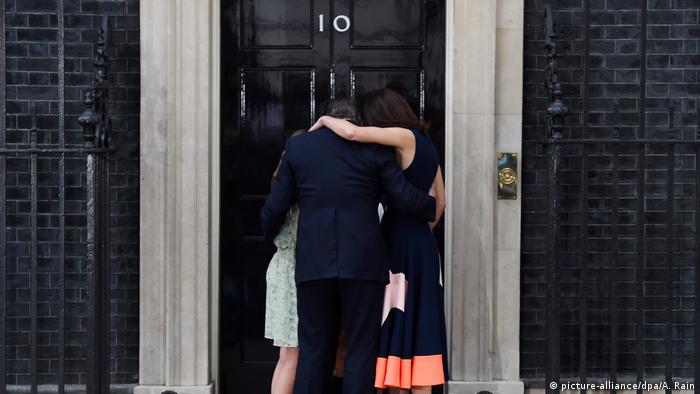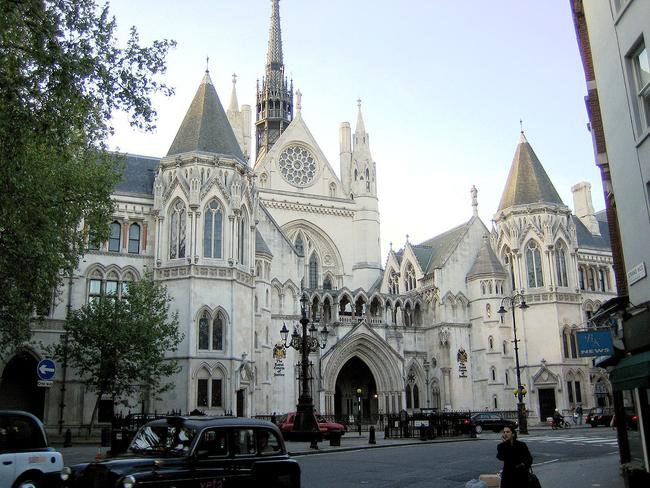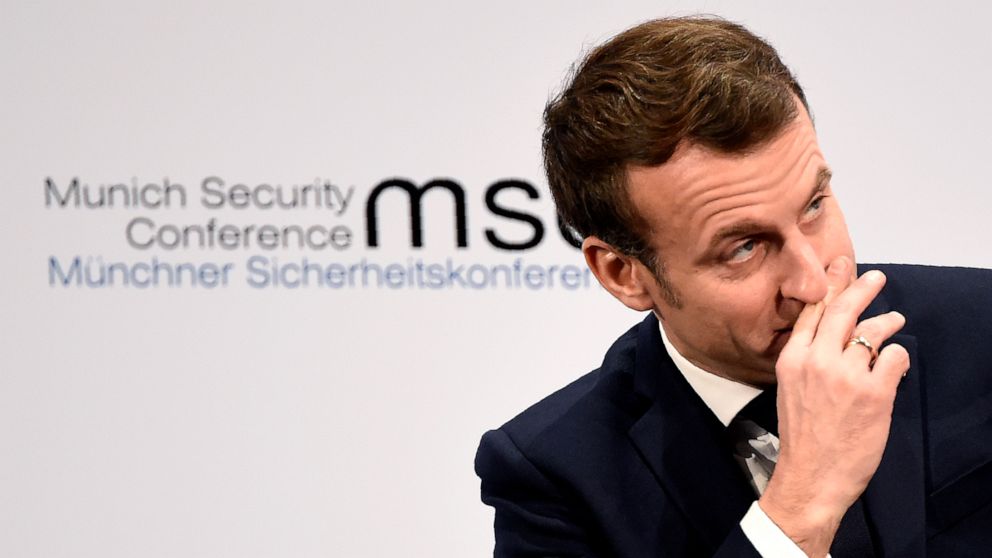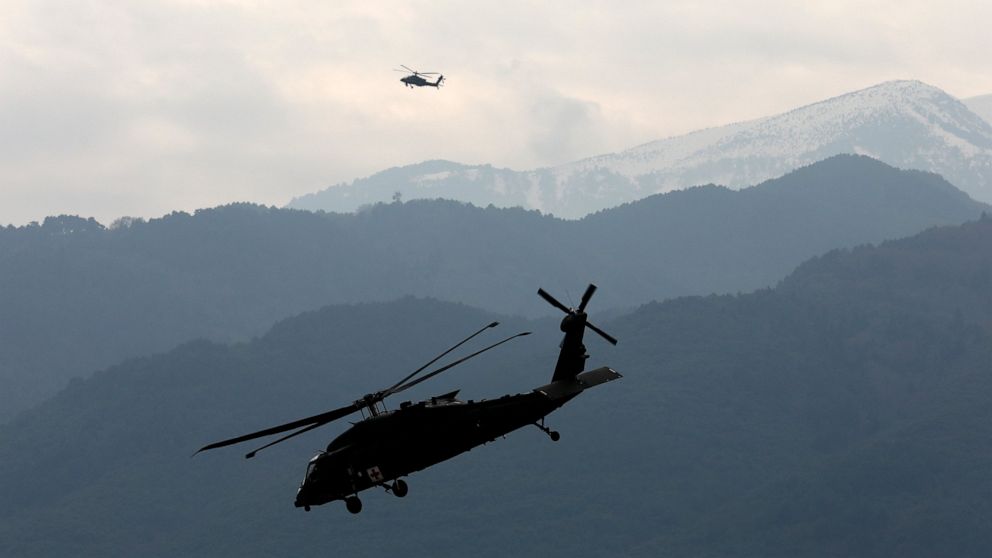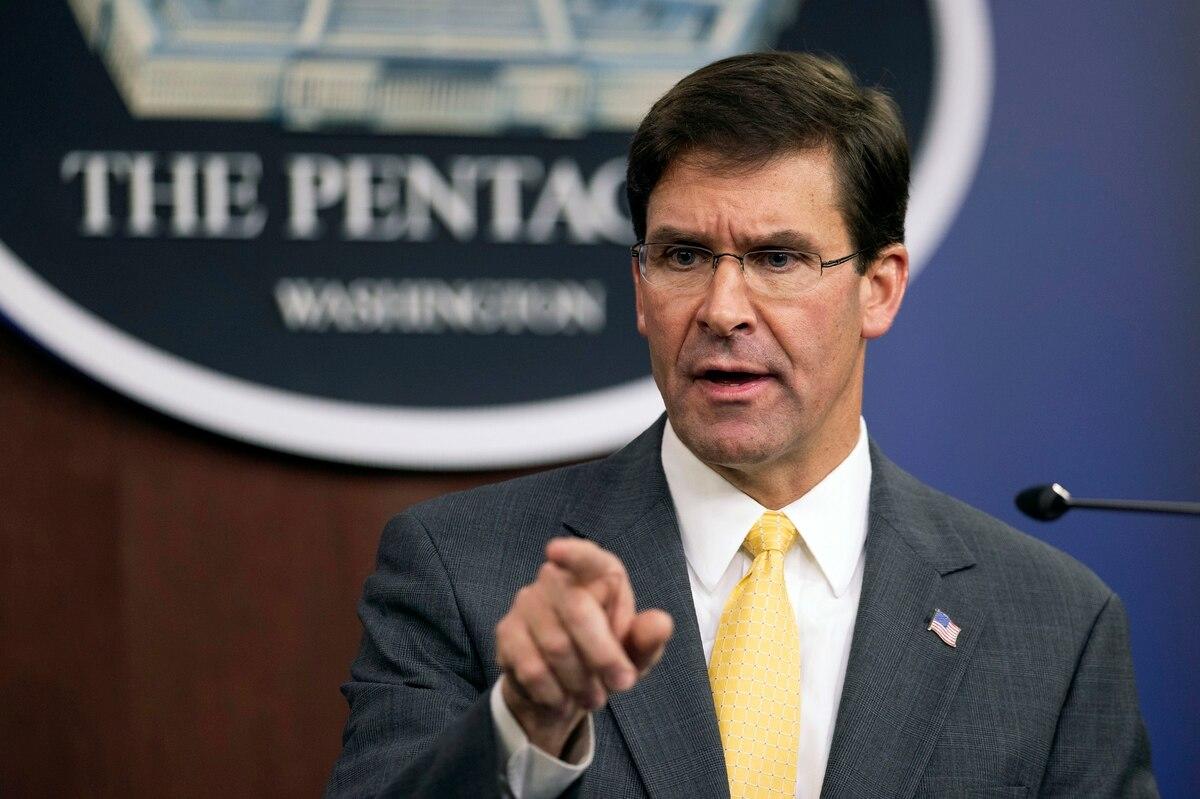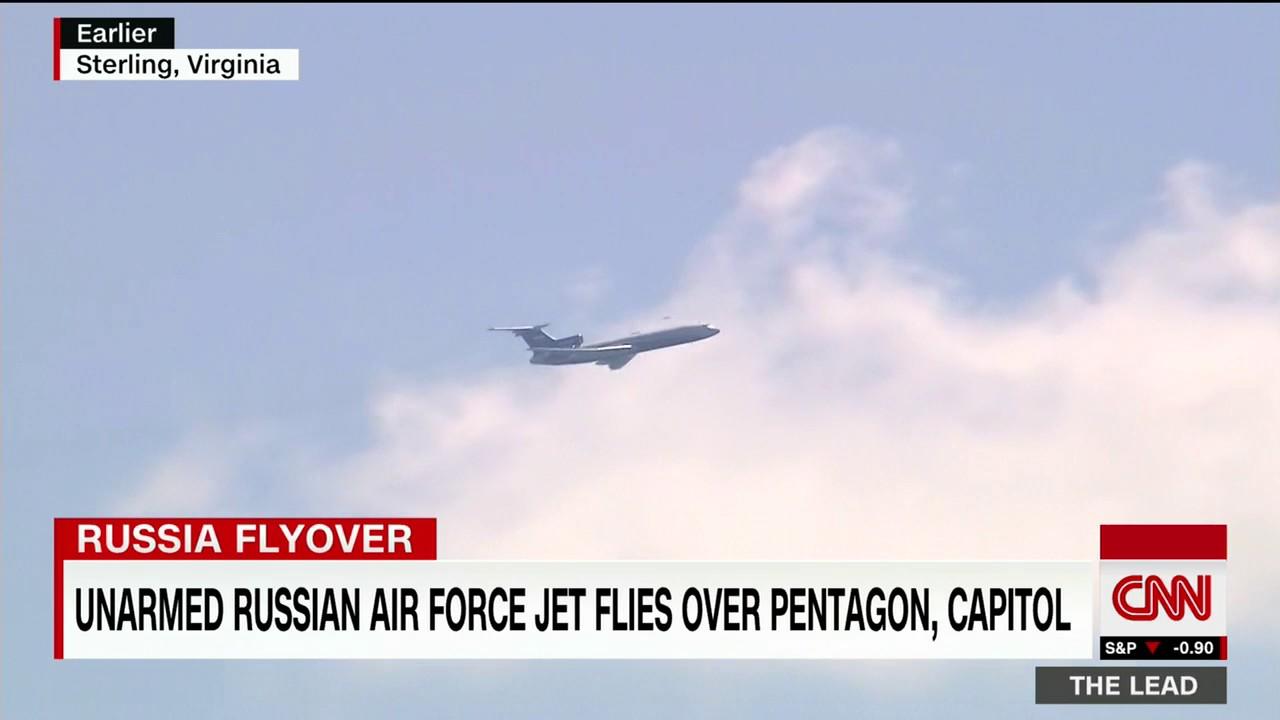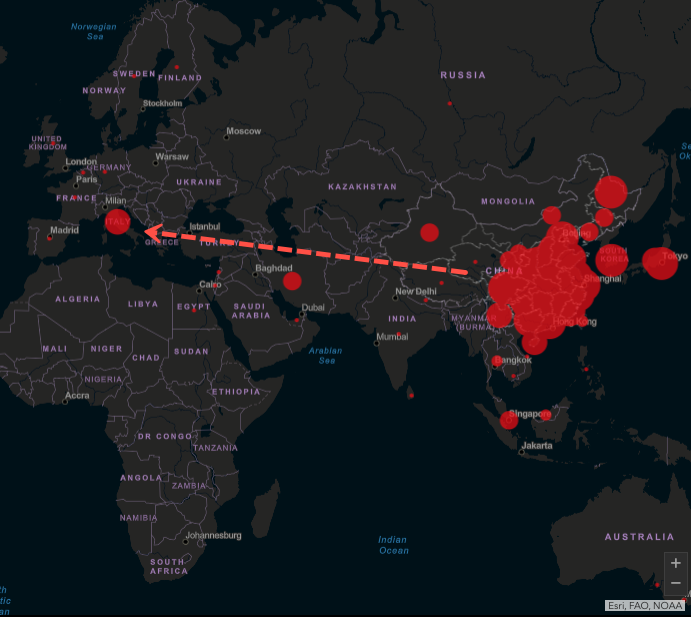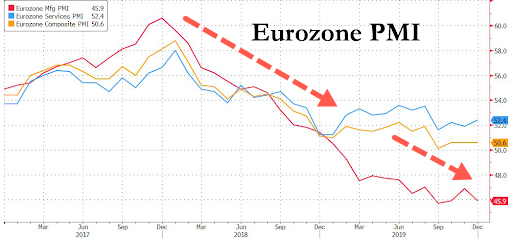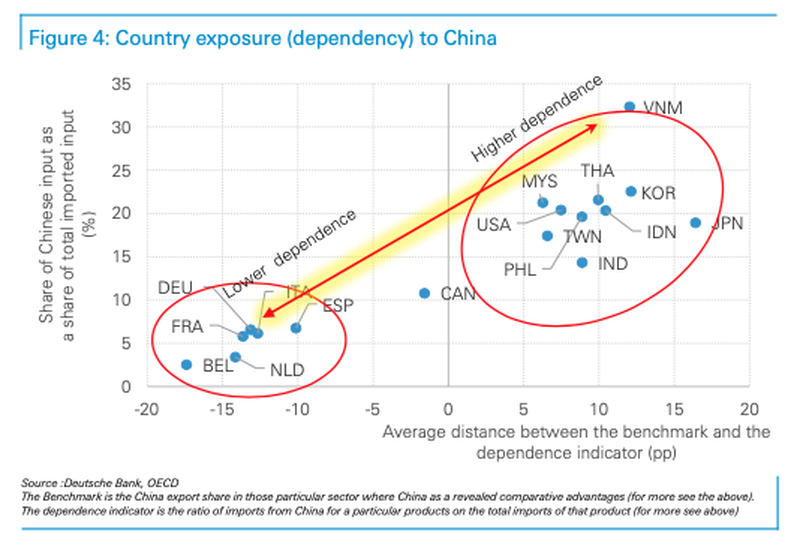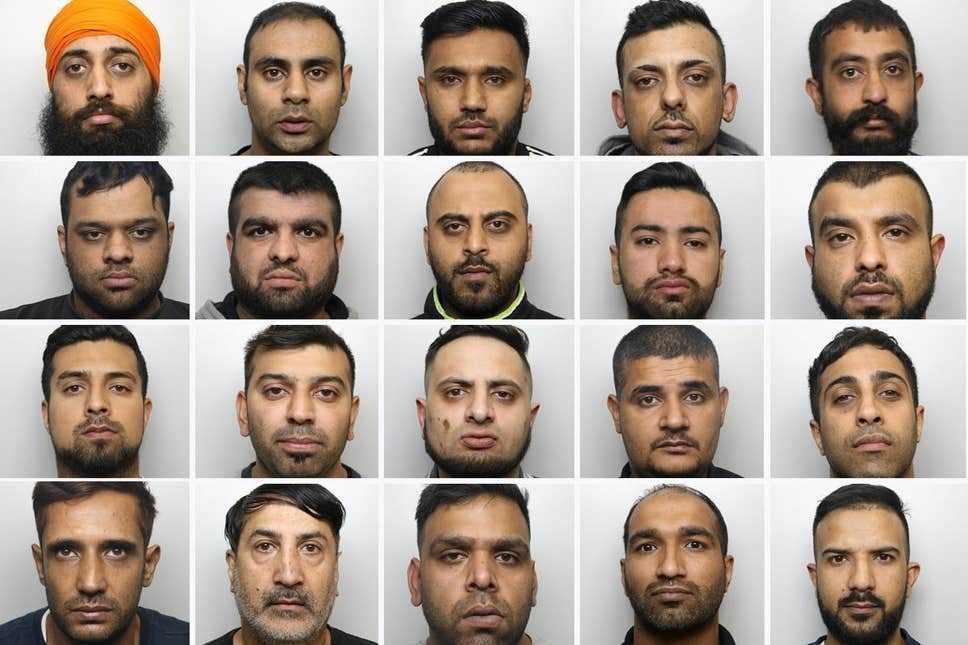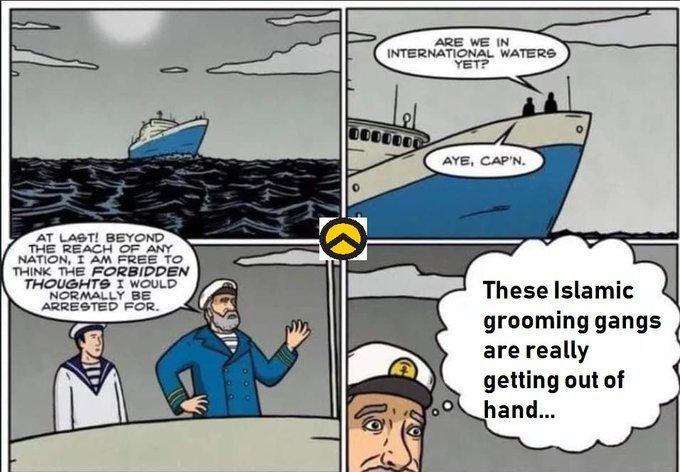Russian authorities are going to significant lengths to keep the virus in China from surfacing in Moscow.

apnews.com
Moscow targets Chinese with raids amid virus fears
By DARIA LITVINOVA and FRANCESCA EBELtoday
MOSCOW (AP) — Bus drivers in Moscow kept their WhatsApp group chat buzzing with questions this week about what to do if they spotted passengers who might be from China riding with them in the Russian capital.
“Some Asian-looking (people) have just got on. Probably Chinese. Should I call (the police)?” one driver messaged his peers. “How do I figure out if they’re Chinese? Should I ask them?” a colleague wondered.
The befuddlement reflected in screenshots of the group exchanges seen by The Associated Press had a common source - instructions from Moscow’s public transit operator Wednesday for drivers to call a dispatcher if Chinese nationals boarded their buses, Russian media reported.
A leaked email that the media reports said was sent by the state-owned transportation company Mosgortrans told dispatchers who took such calls to notify the police. The email, which the company immediately described on Twitter as fake, carried a one-word subject line: coronavirus.
Since the outbreak of the new virus that has infected more than 76,000 people and killed more than 2,300 in mainland China, Russia has reported two cases. Both patients, Chinese nationals hospitalized in Siberia, recovered quickly. Russian authorities nevertheless are going to significant — some argue discriminatory — lengths to keep the virus from resurfacing and spreading.
Moscow officials ordered police raids of hotels, dormitories, apartment buildings and businesses to track down the shrinking number of Chinese people remaining in the city. They also authorized the use of facial recognition technology to find those suspected of evading a 14-day self-quarantine period upon their arrival in Russia.
“Conducting raids is an unpleasant task, but it is necessary, for the potential carriers of the virus as well,” Moscow Mayor Sergei Sobyanin said in a statement outlining various methods to find and track Chinese people the city approved as a virus prevention strategy.
The effort to identify Chinese citizens on public transportation applies not only to buses, but underground trains and street trams in Moscow, Russian media reported Wednesday.
Metro workers were instructed to stop riders from China and ask them to fill out questionnaires asking why they were in Russia and whether they observed the two-week quarantine, the reports said. The forms also ask respondents for their health condition and the address of where they are were staying.
In Yekaterinburg, a city located 1,790 kilometers (1,112 miles) away from Moscow in the Urals Mountains, members of the local Chinese community also are under watch. Self-styled Cossack patrols in the city hand out medical masks along with strong recommendations to visit a health clinic to Chinese residents.
Human rights advocates have condemned the targeting of Chinese nationals as racial profiling, not an effective epidemic control strategy.
“Prevention of any serious virus, be it a flu or the new coronavirus, should involve a proper information campaign and not discrimination of other people,” said Alyona Popova, an activist engaged in a year-long court challenge of Moscow’s use of facial recognition technology.
The containment measures in the capital came as the Russian government instituted an indefinite ban on Chinese nationals entering the country that could block up to 90% of travelers coming to Russia from China. Weeks before, Russia shut down the country’s long land border with China, suspended all trains and most flights between the two countries.
The Moscow Metro confirmed to The Associated Press that the underground system was “actively monitoring the stations” and has a protocol in place for dealing with people who “have recently returned from the People’s Republic of China.”
“We ask to see their documents and to show us documents (proving) that if they have recently returned from the People’s Republic of China, they have undergone a two-week quarantine period,” Yulia Temnikova, Moscow Metro’s deputy chief of client and passenger services, said.
If an individual does not show proof of completing the quarantine, Metro workers ask the person to fill out the form and call an ambulance, Temnikova said.
Bus and tram drivers contacted their labor union about the instructions to look for Chinese nationals and report them to the dispatch center. The drivers were outraged and didn’t know what to do, Public Transport Workers Union chairman Yuri Dashkov said.
“So he saw a Chinese national, and then what?” Dashkov said. “How can he ascertain that he saw a Chinese national, or a Vietnamese national, or a Japanese, or (someone from the Russian region of) Yakutia?”
Dashkov showed the AP a photo of the email that officials at Mosgortrans were said to have sent out. He also showed three photos of on-bus electronic displays reading, “If Chinese nationals are discovered in the carriage, inform the dispatcher.”
The AP was unable to independently verify the authenticity of the email and the photos. Dashkov shared screenshots of what appeared to be a genuine bus drivers’ group chat in WhatsApp.
While Moscow public transit operator Mosgortrans dismissed the email as phony on its official Twitter account Wednesday, the company told the AP in a statement two days later that it does “conduct monitoring” and “sends data to the medics when necessary.”
Mosgortrans referred additional questions to the detailed statement from Moscow’s mayor, who on Friday acknowledged the sharp focus on Chinese people in the city’s virus-control plan.
Officials ordered everyone arriving from China to isolate themselves for two weeks, and those who skip the quarantine step will be identified through video surveillance and facial recognition technology, Sobyanin said. The systems give authorities the ability to “constantly control compliance with the protocol,” he said in the statement.
The mayor’s office did not respond to a request for comment on the city’s containment approach and the accusation that it’s discriminatory. But rights activist Popova insists the facial recognition program is unlawful whether the searches are seeking Russian or Chinese faces.
“We have a constitutional right to privacy, and citizens of (other countries) have it according to foreign and international legal norms,” she said.
Temnikova from the Moscow Metro rejected accusations of racial profiling. Subway workers “mainly look at the passenger’s (health) condition,” she said, and approach “people who need help.”
Addressing identification questions like the ones that worried the bus drivers, Temnikova said it should be “clear who could have arrived from China” because “it is obvious.”
The Cossacks of Yekaterinburg - men in conservative, often pro-Kremlin groups claiming to be successors of the proud guards who policed the Russian Empire’s frontiers - took fighting the virus into their own hands three weeks ago. They also have a system of sorts for deciding who needs a face mask and advice to see a medical professional.
“Mainly (we approach) people from China because it is from them that the coronavirus came. They are the main source,” Igor Gorbunov, elder of the Ural Volunteer Cossack Corps, told the AP during one such patrol Friday.
“But not only them,” Gorbunov continued. “There are different nationalities, there are many people of Asian appearance, and they seem to be vulnerable to this disease, the coronavirus, because it is them who are most often affected. Europeans are not yet affected much.”
___
Tanya Titova and Harriet Morris contributed to this report.



